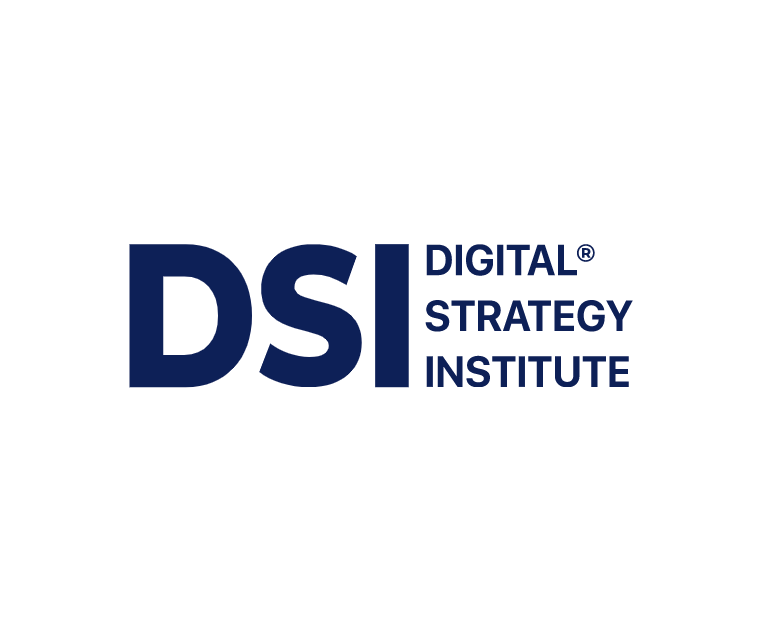Embracing the Hybrid Work Model: A Survey of Professionals Across 16 Industries
- Digital Strategy

- Mar 5, 2024
- 2 min read
Introduction: Navigating the New Normal
The traditional paradigm of office-centric work has been challenged like never before, catalyzed by the seismic disruptions brought forth by the COVID-19 pandemic. Amidst this upheaval, hybrid work has emerged as a viable solution, blending the advantages of remote and in-person work to accommodate the diverse needs of modern professionals.
Survey Methodology
Our survey encompassed professionals from 16 key industries, including technology, finance, healthcare, manufacturing, and more. Through structured interviews and quantitative analysis, we sought to capture insights into the perceptions, experiences, and expectations surrounding hybrid work across diverse organizational contexts.
Key Findings
Enhanced Flexibility: Across industries, 84% of respondents cited flexibility as a primary advantage of the hybrid work model. Employees appreciated the ability to balance remote and in-person work, leading to heightened satisfaction and productivity.
Optimized Collaboration: Despite the physical distance inherent in remote work, 76% of surveyed professionals reported that hybrid models facilitated seamless collaboration and communication. Leveraging advanced technologies and collaborative tools, teams transcended geographical barriers to foster innovation and synergy.
Talent Acquisition and Retention: In an increasingly competitive talent landscape, 68% of respondents highlighted offering hybrid work options as a strategic differentiator for organizations. The ability to attract top talent from diverse geographic locations, coupled with the retention of existing employees seeking flexibility, underscores the pivotal role of hybrid work in talent management.
Cost Efficiency: From reduced real estate expenses to minimized commuting costs, the economic benefits of hybrid work were evident across industries. 72% of surveyed organizations reported significant savings while optimizing resource allocation and sustainability initiatives.
Adaptability and Resilience: The tumultuous events of recent years have underscored the importance of organizational adaptability. 79% of respondents agreed that hybrid work equips businesses with the agility to navigate unforeseen disruptions, ensuring continuity and mitigating risks associated with external shocks.
Industry Insights
Technology: Tech companies embrace hybrid work to foster innovation and accommodate diverse work styles, driving agility and creativity.
Finance: Financial institutions leverage hybrid models to enhance client engagement and adapt to evolving regulatory landscapes while ensuring operational resilience.
Healthcare: Hybrid work enables healthcare professionals to deliver patient-centric care while harnessing digital technologies for remote consultations and collaboration.
Manufacturing: The manufacturing sector embraces hybrid work to optimize supply chain resilience, streamline operations, and enhance workforce safety.
Conclusion: Embracing the Future of Work
As organizations chart their course amidst unprecedented change, the hybrid work model emerges as a cornerstone of resilience and adaptability. By harnessing the insights gleaned from our survey of professionals across 16 industries, businesses can unlock the transformative potential of hybrid work, ushering in a new era of productivity, collaboration, and growth.
In the dynamic landscape of the future of work, embracing hybrid models isn't merely a choice—it's an imperative for organizations poised to thrive in the digital age. Through strategic integration and agile implementation, businesses can navigate the complexities of the modern workplace with confidence, leveraging hybrid work as a catalyst for innovation, inclusivity, and sustainable growth.



Comments